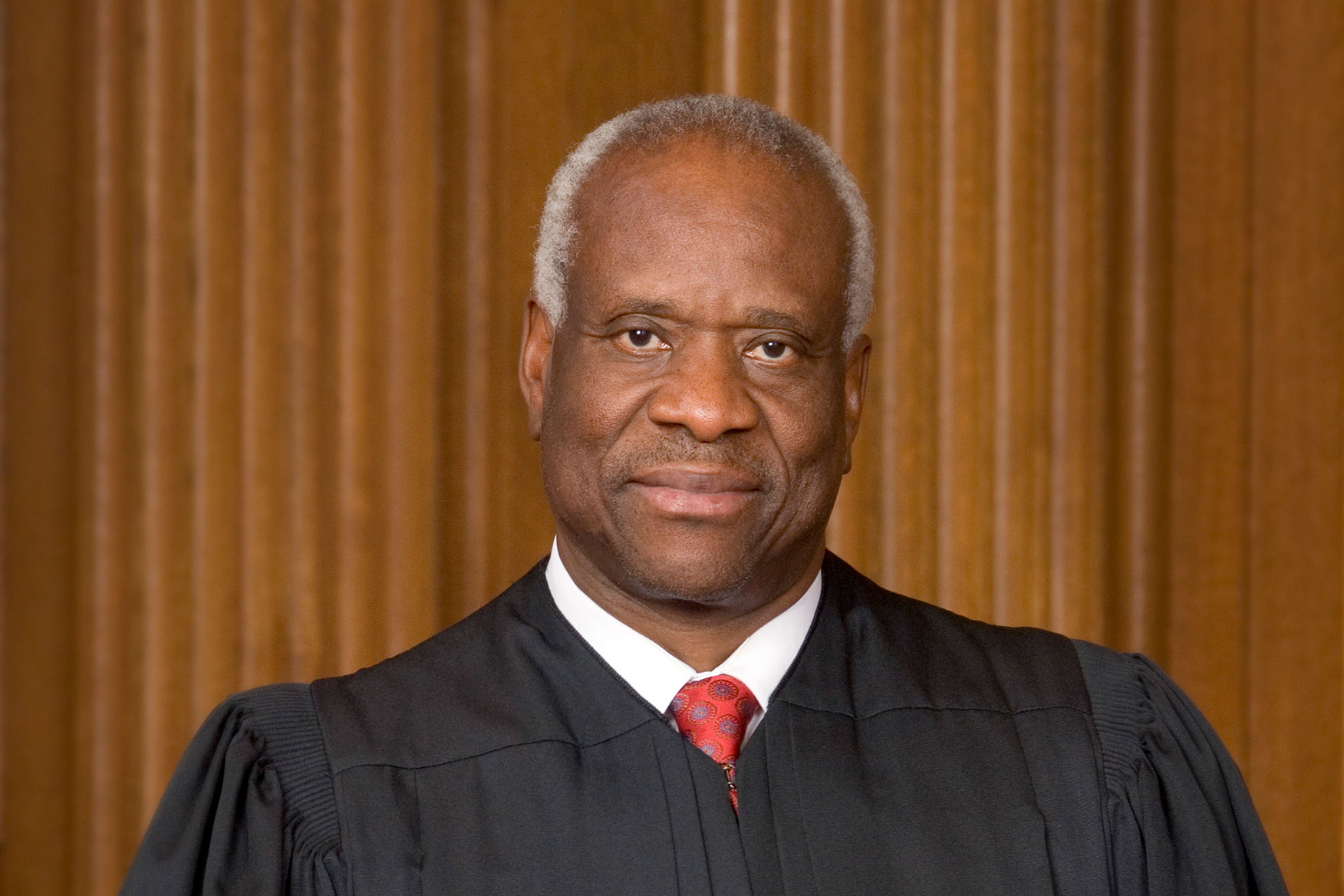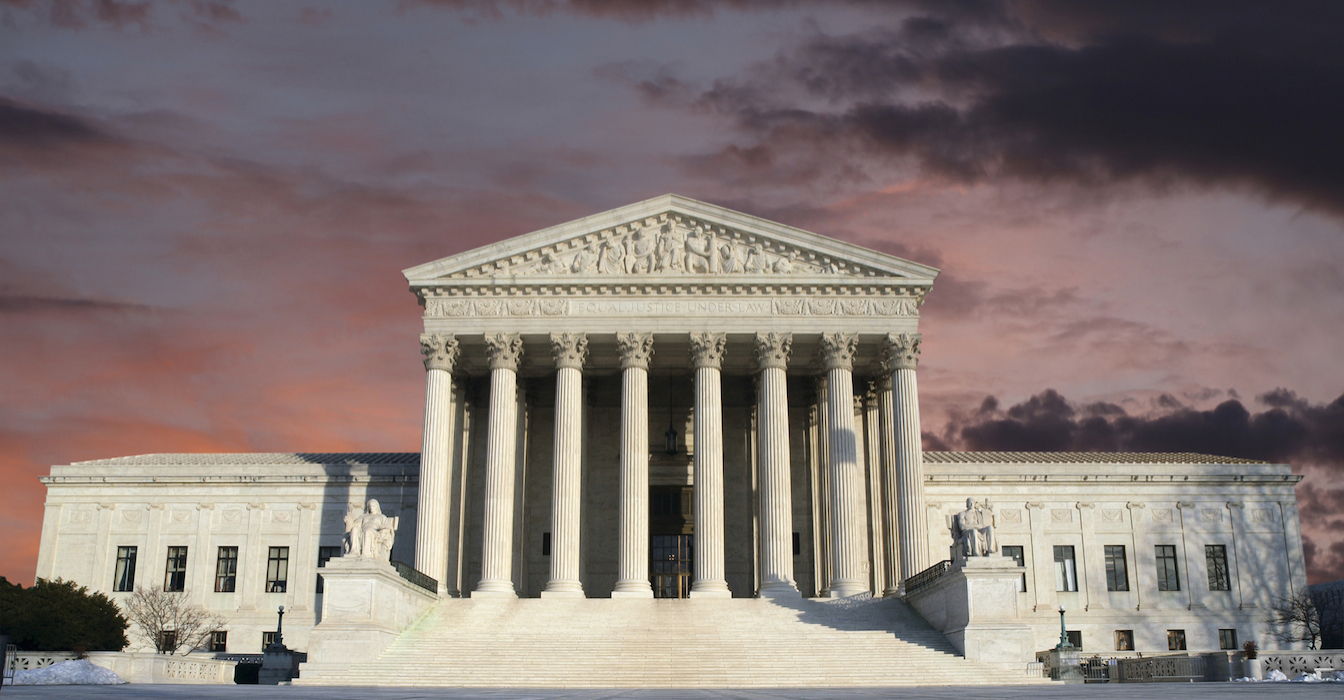Justice Clarence Thomas, facing calls to abandon his lifetime seat on the U.S. Supreme Court after failing to report years of billionaire-funded luxury jaunts, described them as “family trips” with friends that didn’t require disclosure under rules in place at the time.
“Early in my tenure at the court, I sought guidance from my colleagues and others in the judiciary, and was advised that this sort of personal hospitality from close personal friends, who did not have business before the court, was not reportable,” Thomas said after ProPublica reported that he had accepted luxury trips paid for by Dallas real estate magnate Harlan Crow virtually every year for two decades without reporting them.
Thomas’ travels included vacations on Crow’s superyacht, flights on the billionaire’s private jet and stays at Bohemian Grove, an exclusive all-male retreat in California, the news organization reported. Had he personally paid for one of the trips, Indonesian island-hopping in 2019, the price tag might have topped $500,000, ProPublica reported.
Crow, a longtime GOP donor, said in a statement to ProPublica that he and his wife had been friends of Thomas and his wife, Ginni, since 1996 and that his hospitality to the Washington power couple was no different than that extended to many other friends.
Thomas was appointed to the Supreme Court by former president George H.W. Bush in 1992.
'Dearest friends'
“We have never asked about a pending or lower court case, and Justice Thomas has never discussed one, and we have never sought to influence Justice Thomas on any legal or political issue,” Crow said. “More generally, I am unaware of any of our friends ever lobbying or seeking to influence Justice Thomas on any case, and I would never invite anyone who I believe had any intention of doing that.”
Thomas echoed that description in his own statement: “Harlan and Kathy Crow are among our dearest friends,” he said. “As friends do, we have joined them on a number of family trips during the more than quarter century we have known them.”

While members of Congress and some ethics advocates have called for Thomas to step down and for tighter rules governing Supreme Court justices' behavior, whether and how any such rules could be enforced is unclear.
A third branch of government established by the Constitution, the high court has never adopted an ethical code of its own. Chief Justice John Roberts, however, has said justices consult the Code of Conduct for U.S. Judges that applies to lower court judges when evaluating their own ethical obligations.
The code, set by the Judicial Conference of the United States – a policymaking group for federal courts created by Congress in 1922 and chaired by the Supreme Court’s chief justice – requires federal judges to “avoid even the appearance of impropriety.”
Such an appearance occurs when reasonable people aware of all relevant circumstances “would conclude that the judge’s honesty, integrity, impartiality, temperament, or fitness to serve as a judge is impaired,” the code explains.
While Congress has passed laws requiring the justices as well as lower-level judges to comply with financial reporting requirements and limits on gifts and outside income, Roberts acknowledged in a 2011 report that the court has never addressed whether the Constitution requires its members to comply with rules set by another branch of government.
Nor has it reviewed whether the justices must comply with a Congressional requirement that judges recuse themselves from cases in which their impartiality might be reasonably questioned.
“The highest court in the land shouldn’t have the lowest ethical standards.”
Thomas, notably, did not recuse himself from cases related to former president Donald Trump’s efforts to overturn the results of the 2020 election – despite the widely reported efforts of his wife, GOP activist Ginni Thomas, supporting Trump’s claims that his loss was affected by fraud.
As for travel and gift disclosures, Justice Thomas said in the statement he has always endeavored to comply with existing guidelines and that he will follow a revision that would end loopholes in the Code of Conduct for U.S. Judges on reporting of “personal hospitality.”
CLOSING THE LOOPHOLES
Under that revision by the Judicial Conference of the United States, which took effect March 14, stays at commercial properties such as resorts, transportation that substitutes for commercial travel and gifts made for a business purpose are no longer exempt from reporting.
The updated rules “are a big step toward closing the loopholes that kept the public in the dark about who was paying for justices’ lavish lifestyles,” said U.S. Sen. Sheldon Whitehouse, a Rhode Island Democrat who urged the Judicial Conference to make the changes. “I’m hopeful this rule is a harbinger of more ethics and transparency improvements to come for the Supreme Court.”
Sen. Dick Durbin, chairman of the Democratic-controlled chamber’s judiciary committee, said the ProPublica report shows why Supreme Court justices should be held to an enforceable code of conduct.
“The highest court in the land shouldn’t have the lowest ethical standards,” Durbin said. “This behavior is simply inconsistent with the ethical standards the American people expect of any public servant, let alone a justice on the Supreme Court.”


